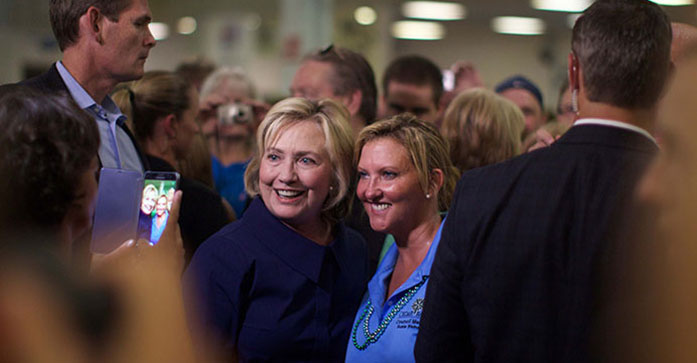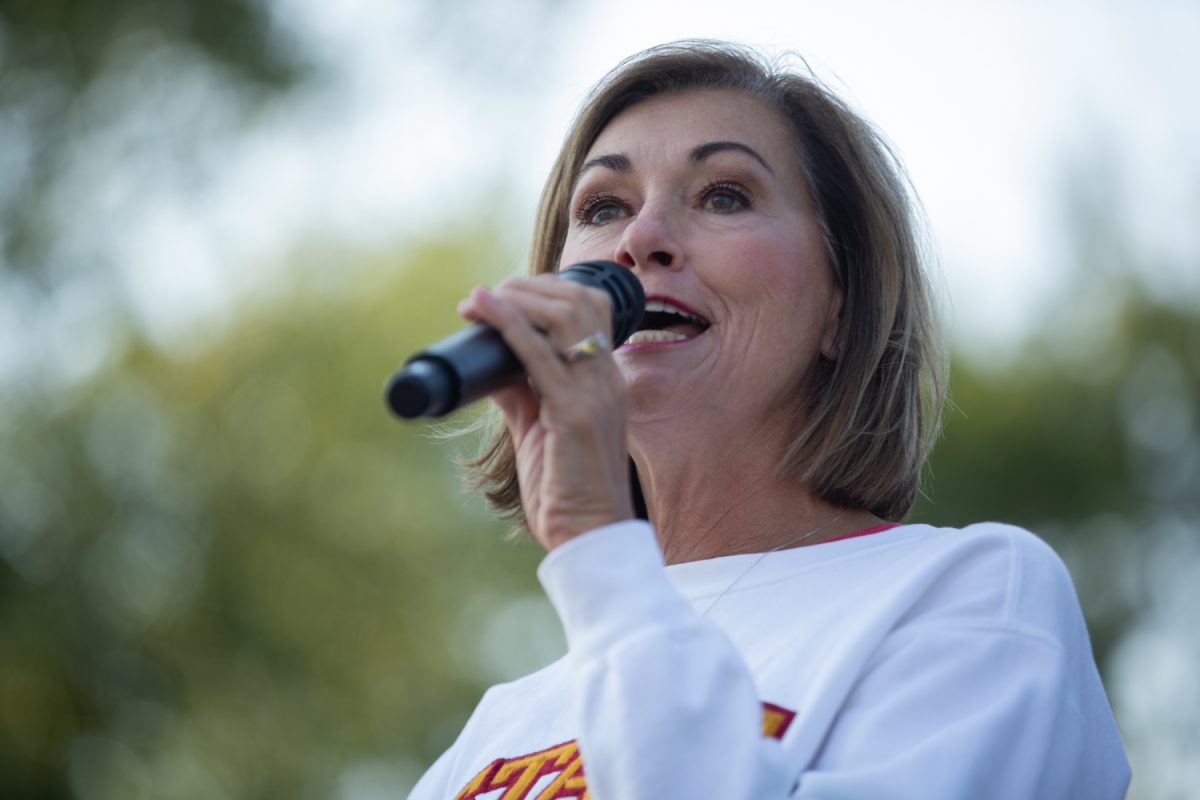Jace Brady
[email protected]
There were major shifts in the Democratic Party race last week. Most importantly, Vice President Joe Biden has announced he will not seek the nomination and, less importantly, Lincoln Chafee and Jim Webb dropped out of the race. This leaves the Democrats with two major candidates and Martin O’Malley, while the Republicans still have more than 10 headed into their third debate this week. This will lead to two very different campaign processes as these parties seek to nominate the individual they hope will be the next president of the United States.
Without Biden in the race, Hillary Clinton has once again secured her spot as the frontrunner on the Democratic side. While Sen. Bernie Sanders, I-Vt., has performed well, he is likely going to be considered too leftist to be generally electable and passed over for a candidate more palatable to the American people. He is also unlikely to gain any of the support that resided with Biden before his announcement, as much of it will shift back to the ideologically similar Clinton. With the absence of Biden, the question becomes who will step in if Clinton’s scandals finally catch up with her and make her unelectable? Will the torch be handed to a self-confessed socialist or will a dark knight ride to the rescue? In this circumstance, which doesn’t seem terribly unlikely after the Benghazi hearings this week, it seems much more plausible the party will try to draft a more electable alternative to Sanders. For now, however, Clinton remains strong in the polls and has been able to daftly navigate her way around the calumnies that surround her.
While the Democrats have been able to narrow their field, Republicans are still unable to fit onto one debate stage. As stubborn stragglers refuse to face reality, the Republican electorate is split, and a candidate rarely garners more than 25 percent support in the polls. This level of support is troubling for several reasons, but one trumps them all.
In presidential primary elections a 20 to 30 percent voter turnout is considered pretty good. If roughly half of these individuals vote in Republican primaries and the nominee culls 25 percent of that vote, if the next president is a Republican, he or she could be chosen by just 5 percent of the population. This hardly seems democratic, especially when our system curtails the number of serious contenders for the presidency to two. The result if we have a Democrat president would be little better; at least the likely winner of that party’s primaries will have majority support.
The Democratics may wind up in a situation in which they have too few candidates and the GOP obviously has far too many. However, both parties need to work on a system that leads to more democratic elections. Primaries are where voters truly get an opportunity to voice their beliefs, because too often general elections simply decide the lesser of two evils.
Our system is designed to minimize the number of candidates who are viable in a general election, and parties have so much power their preferred candidate almost always wins. That’s coupled with a system in which big donors play a major role and the average American is almost entirely excluded from deciding who the next president will be. If we hope to remain a democracy, we need to assess our electoral process and find ways to make sure the candidates who are elected stand for the people and not parties or major donors.









